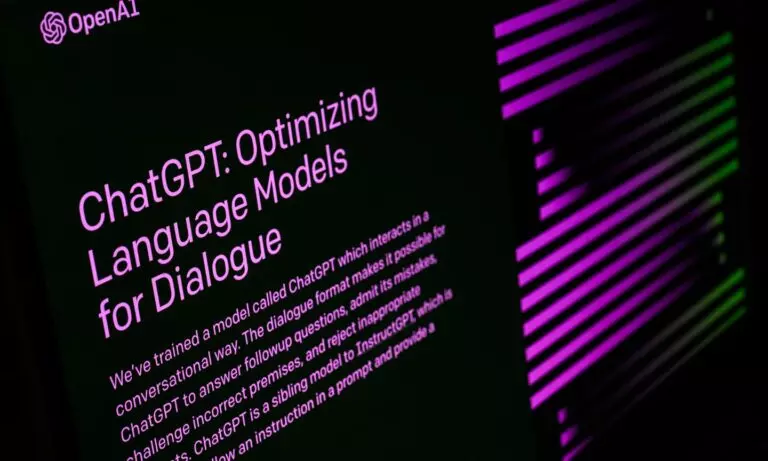AI is being increasingly integrated into many industries’ workplaces, which is having a major impact on most jobs. Although AI has the potential to improve efficiency, reduce costs and increase accuracy, it poses a serious threat to many jobs, raising concerns about the future.
ChatGPT, an OpenAI language model, wrote the introduction. We call them “ledes” in journalism. It’s not bad, but it isn’t what the reporter would have written. My job for the moment is secure, but it will change in a future generative AI-driven.
Researchers are keen to explore this future and how AI tools such as ChatGPT and DALL-E, and Bard, Google’s latest venture into the AI space, are likely to impact most jobs.
Take a look at the latest research, which includes two studies that were released on Sunday and Monday.
How AI is likely to affect jobs
According to a Sunday report by Goldman Sachs (a global financial institution), AI automation will likely affect roughly two-thirds to three quarters of all current jobs. According to the report, AI could automate approximately one-fourth (or 25%) of all current tasks in the U.S.
OpenAI, OpenResearch and the University of Pennsylvania released Monday’s study. It found that at least 10% of American jobs could be affected by AI learning languages models. Half of all jobs could have their work tasks affected by AI learning language models, which is roughly one in five.
Most likely to be affected most by AI
According to a study by Princeton University, New York University and the University of Pennsylvania, legal services, securities, commodities, and investments are the industries most exposed to AI language modelsers.
This study identified that AI language modelers could have an impact on specific jobs such as telemarketers, teachers of English, literature, and history.
AI affects jobs, but not replacing them
This is true for most jobs, but not all. According to Goldman Sachs’ study, jobs that have at least 50% exposure to AI (i.e., where a robot could perform 50% of tasks) are more likely to be replaced.
What workers think about AI
In a world of AI, workers are worried about their future prospects. A ZipRecruiter survey found that 62% of job seekers were concerned about ChatGPT and other AI replacing their jobs in the first quarter 2023. This was especially true for Generation Z (76%), and those who have not completed high school (72%)
AI What is the potential upside?
There could be loss where there is gain. According to the Goldman Sachs report, “The good news” is that automation has historically led to worker displacement. The creation of new jobs and the rise of new occupations after technological innovation accounts for the majority of long-term employment growth .”
Photo courtesy of Leon Neal/Getty Images via Getty Images
